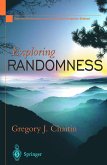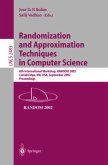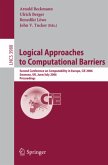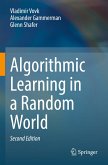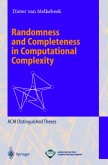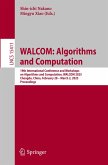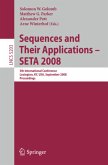Not only in computer science many problems are solved through the help of randomness. This thesis analyses probabilistic algorithms with respect to the use of random sources that do not provide perfect random numbers, like pseudorandom generators or biased sources. New theoretical results are presented that describe implications of using non-perfect random numbers with probabilistic algorithms. In the first part several probabilistic algorithms are examined on how they are influenced by random numbers that are not independent and uniformly distributed: A randomized algorithm for comparing polynomials, Karger's probabilistic algorithm for finding the minimum cut of a graph, Schöning's random walk algorithm for the Boolean Satisfiability Problem and the well-known sorting algorithm QuickSort. The second part of this work examines the impact of various sources of randomness on the quality of the solution of probabilistic optimization heuristics, concentrating on Simulated Annealing as an example for local search heuristics and a genetic algorithm as an instance of population based heuristics.
Bitte wählen Sie Ihr Anliegen aus.
Rechnungen
Retourenschein anfordern
Bestellstatus
Storno


